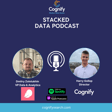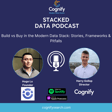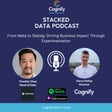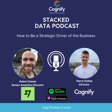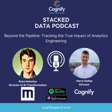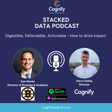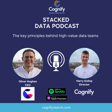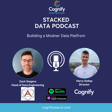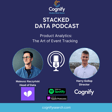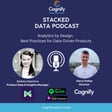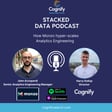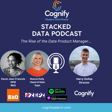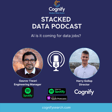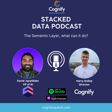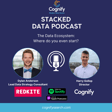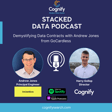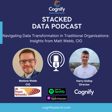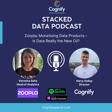
010 - Maximising the ROI from your Data team
In our latest episode of The Stacked Data podcast, we're thrilled to have Thomas, CEO and co-founder of Tasman Analytics, sharing insights on "Maximizing ROI in Data & Analytics."
🔍 Episode Highlights:
- Uncover the common reasons why data teams are often perceived as cost centers.
- Learn strategies to transform your data team into a value generator.
- Dive into the keys to driving ROI for your analytics team.
- Discover where teams typically go wrong in maximizing the value of their data.
- Gain expert advice on crafting a clear strategy for a high ROI.
🎙️ Introduction: Get to know Thomas and Tasman, exploring their background and journey in the dynamic world of data.
💼 Data Team Transformation: Explore the challenges of data teams being seen as cost centers and learn how to assess if your team is a cost centre or value adder.
📈 Driving ROI:Thomas shares valuable insights on evaluating, strategizing, and ensuring your team drives a positive ROI.
🚀 Workload Management:Learn effective ways to manage the immense workload on data teams and optimize team efficiency.
🌟 Avoiding Common Pitfalls: Discover the biggest mistakes data teams make and get expert advice on resolving them.
